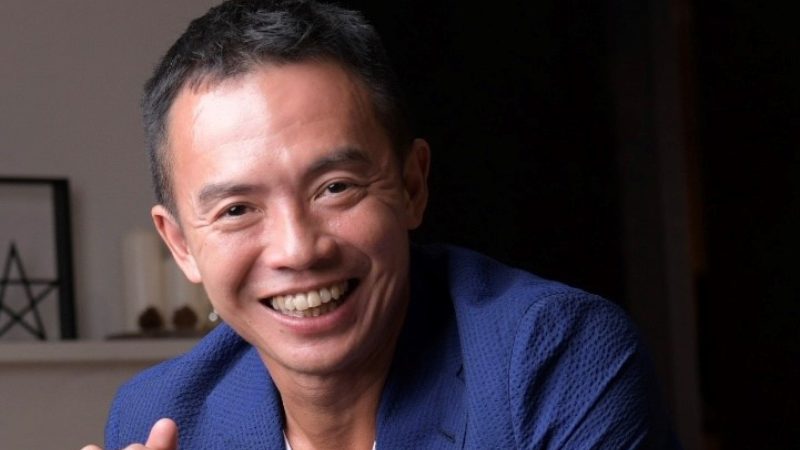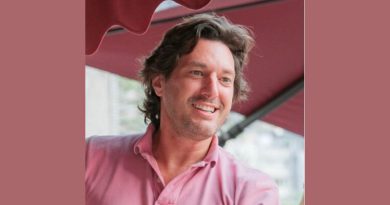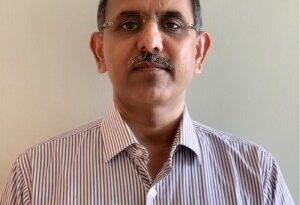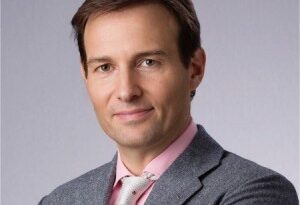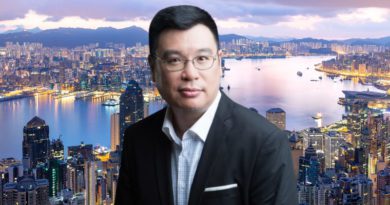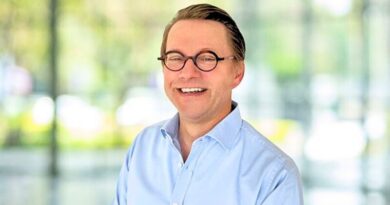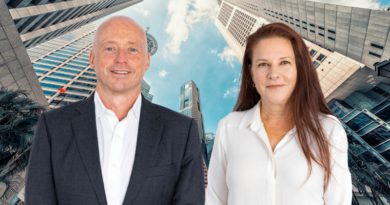Jimmy Lim: “We give each PM a risk mandate”
Jimmy Lim of Modular Asset Management talks with the Hedge Funds Club’s Stefan Nilsson about spinning out from Millennium, managing an Asian strategy, running a multi-PM team and much more.
Jimmy Lim, Modular Asset Management’s CEO, CIO and Co-Founder, is a well-known figure in the Asian hedge fund industry. Before founding Modular, Jimmy held senior trading and portfolio management positions at Millennium Management, BlueCrest Capital Management and JP Morgan. He has developed a distinctive Asian macro investment strategy and delivered a long-term track record of generating attractive, stable and consistent returns. Modular is a dedicated Asian macro hedge fund manager based in Singapore. The firm exists to meet investors’ needs for stable, uncorrelated and absolute returns through different market cycles – and to offer hedge fund investors greater exposure to Asia. Modular Asset Management was spun out of Millennium Management in January 2020 by Jimmy Lim and Matthew Cannon. Their vision for the firm was to generate returns that made a difference for Modular’s investors, helping them to deliver on their mandates and fulfil their purposes.
You worked as a portfolio manager at BlueCrest Capital Management before you joined Millennium in 2017. Was incubating your own fund at Millennium and then spinning it out after a few years part of the original plan?
Yes, from quite early in my career I planned to launch my own fund and build a distinctive new brand in asset management. Millennium has been a great supporter through this journey and our relationship remains strong and mutually beneficial.
Tell us about your flagship investment strategy. It seems to be a bit different from your average macro fund.
The Modular Asian Macro Fund is our flagship strategy and our investors tell us it is unique in being a macro strategy run on a multi-manager model. What makes it distinctive is the focused, specialist approach we take. Our investments are almost entirely in liquid Asian FX, rates or equity indexes. Each of our portfolio managers is a specialist in a specific component part of the Asian markets space. Some are specialists in a specific country while others are product specialists, typically in Asian FX or rates markets. They generally have 15-20 years of experience in their specific area of specialisation, usually on the ground in the country of focus. We give each PM a risk mandate which is constrained and specific to their specialisation. This results in a model where each PM is focused on a different market and product. Their trading styles and expertise is diverse and they are not in direct competition with one another for returns or liquidity. As a result, they are incentivised to co-operation with one another for mutual benefit. In my experience this model enables PMs to thrive, work as a coherent team and generate uncorrelated return profiles among themselves. The resulting strategy-level returns have a low or negative correlation with all major asset classes and other hedge fund strategies. I have been refining and running the strategy now for 11 years at BlueCrest, Millennium and now at Modular and, so far, have not had a down year. The historic volatility of the strategy is around 3% and the largest drawdown is 2.6%. We are targeting absolute returns in the 8%-10% area. The current market environment with significant ongoing changes in macro variables is conducive to our approach and we are up 11.3% as of the end of Q3 2022.
You have a relatively large team of portfolio managers compared to other firms of a similar size. Is this because you have staffed up to be ready for AUM growth or is it an investment built for the here and now?
Yes, we have spent the last three years building out our team to include 15 portfolio managers. While we may hire opportunistically, we believe we will be able to at least double our AUM with the current bench strength.
Now that you’re not only managing a portfolio, but you’re also managing a team of PMs, is it a challenge to “let go” and leave the PMs to do their jobs rather than you personally staying on top of all trades?
Most of our PMs are highly experienced domain specialists who don’t need a lot of hand-holding. These PMs are great sounding boards for my own ideas and I add challenge to their key views and work with them to find the best ways to express trades to generate the most convex return profile for both their books and the firmwide portfolio. For more junior PMs in our development program, there is more hand-holding and mentoring required, but we have had good success in developing talent internally with PMs graduating from analyst roles to junior PM and beyond. I keep the number of such mentees limited by the amount of time I am able and willing to devote to future talent development, so it is an investment and not a burden. Our team is not of such a size that there is any need or benefit in “letting go”.
What makes a great PM? What do you look for when you hire additional PMs to Modular?
The ability to manage the downside is critical. Although it sounds like a cliché, if you can manage the downside, the upside does to some extent, look after itself. Secondly, our specialist model as described earlier generates a different requirement for a PM to be successful – a great PM at Modular must be genuine market-leading talent in their own specialist domain. This specialist focus gives them an edge over others trading in their markets and enables them to sidestep risk and control their losses. Thirdly, the ability to understand the strength of their own conviction and take leverage to size up high conviction strategies is a vital skill in a great PM.
You now have an AUM north of a billion dollars. Is there a grand plan of where you want to take this or is more taking it as it comes and not rushing into things?
We expect to be able to double our AUM over the next two years having now built the infrastructure and team, but we will do this only incrementally and only if we can do so while maintaining the quality of returns. After that, we will assess the strategy capacity in the light of then-current market size, development and liquidity. We do not want to “evolve” the strategy into areas outside our own areas of expertise so will guard against style drift even if it caps the capacity of this fund. Would we launch additional complementary funds in future? Maybe.
What do you do to unwind given the almost 24/7 nature of the markets that you trade?
I have plenty of outside interests including a young daughter who always helps me appreciate the importance of a certain level of work-life balance. I don’t have as much time as I would perhaps like for my passions of golf, running, snowboarding, wine and gastronomy, but I always manage to squeeze some personal time into my schedule.

